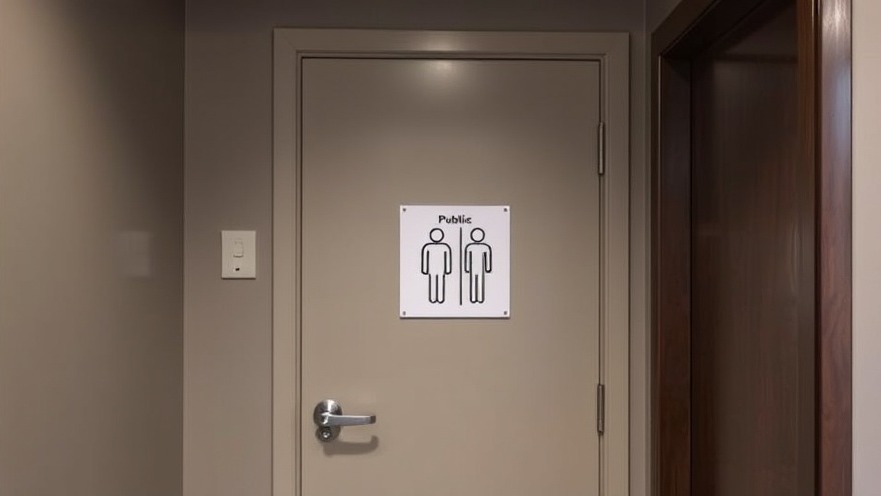
Comedian’s Bold Protest Shakes Up Mainstream Media
On August 4, 2025, the world watched as comedian Alex Stein executed a stunning interruption during a live NBC broadcast, shouting political slogans that reverberated throughout social media platforms. This audacious act, designed to draw attention to perceived biases in mainstream media, raises questions about freedom of speech and its implications in today’s digital landscape.
Historical Context and Background
The act of disrupting media broadcasts isn't new. From sit-ins during the Civil Rights movement to the 1969 takeover of the ABC studio by the Black Panthers, performance art and demonstration have been methods used to challenge the status quo.
Alex Stein’s recent outburst serves not just as a protest against MSNBC but highlights a growing discontent about how news is presented. In an age where individuals have the power to broadcast news via their phones, traditional networks are being scrutinized for their editorial choices and perceived partiality. Stein’s disruption can be seen as a manifestation of the broader sentiment that the mainstream media often fails to represent the voices of all citizens fairly.
The Power of the Viral Moment
Moments like Stein’s take on a life of their own, as the video quickly amassed views online. This incident illustrates the astonishing power of social media to elevate a single voice, turning a local disruption into national news overnight. The event was characterized by Stein’s visceral reaction against what he deems a failing media outlet, and his attempt to reclaim the narrative in a playful yet pointed manner resonated with many. It raises questions about how individuals can leverage platforms like X (formerly Twitter) to express dissent and potentially influence conversations around national news.
Counterarguments and Diverse Perspectives
While many applauded Stein for his boldness, others criticize such interruptions as disrespectful and counterproductive. Critics argue that silencing guests or hosts during live broadcasts detracts from meaningful dialogue, transforming serious discussions into spectacles devoid of genuine insight.
Yet, those in favor of Stein's actions assert that his statement sheds light on the frustrations many feel toward a media landscape that often prioritizes ratings over truth. The fringe and mainstream are colliding, with voices like Stein's serving as a reminder that not everyone agrees with the dominant narratives presented in major news outlets.
The Impact of Public Discourse
This incident is also reflective of the shifting nature of public discourse. Individuals increasingly seek out news that aligns with their perspectives, leading to echo chambers where critical thought may be stifled. Stein's statement—"MSNBC sucks!"—is an expression of this frustration but begs the question: Are sensational protests the way to invoke change, or do they merely reinforce divisiveness among differing viewpoints?
Actionable Insights: Engaging with News Responsibly
As consumers of news, it's vital to engage with various sources critically. Audiences should seek out balanced perspectives and be wary of sensationalism. Instead of taking one message at face value, examining multiple viewpoints enriches our understanding of complex issues. To foster informed discourse, news consumers are urged to participate in conversations that encourage empathy and respect.
Conclusion and Next Steps
The conversation surrounding Alex Stein's bold on-air interruption will likely continue as the landscape of news evolves. In an era defined by rapid dissemination of information, the importance of discernment in media consumption cannot be overstated. We encourage you to actively engage with news articles, share your insights, and challenge narratives that seem biased or incomplete. Let's be part of the solution to create a more balanced media environment. Your voice matters—speak up!
 Add Element
Add Element  Add Row
Add Row 



Write A Comment